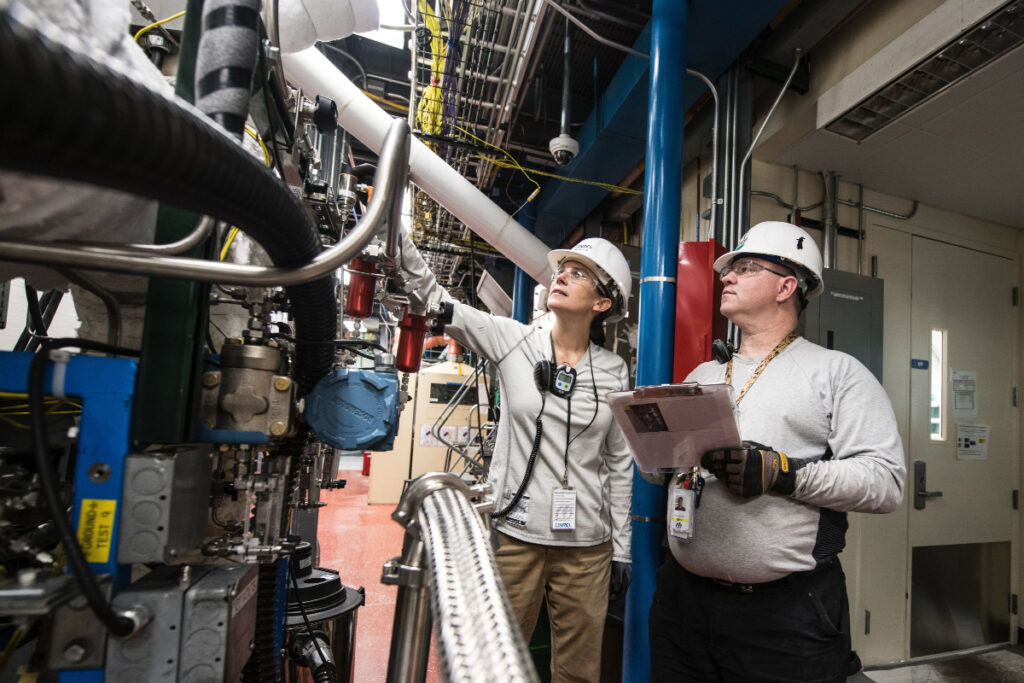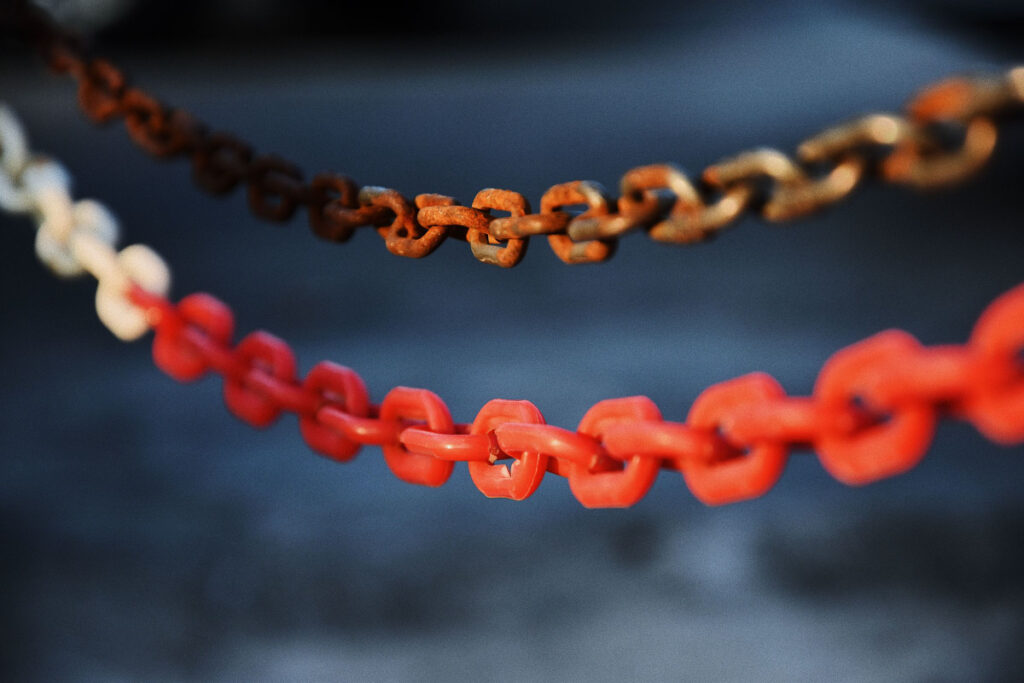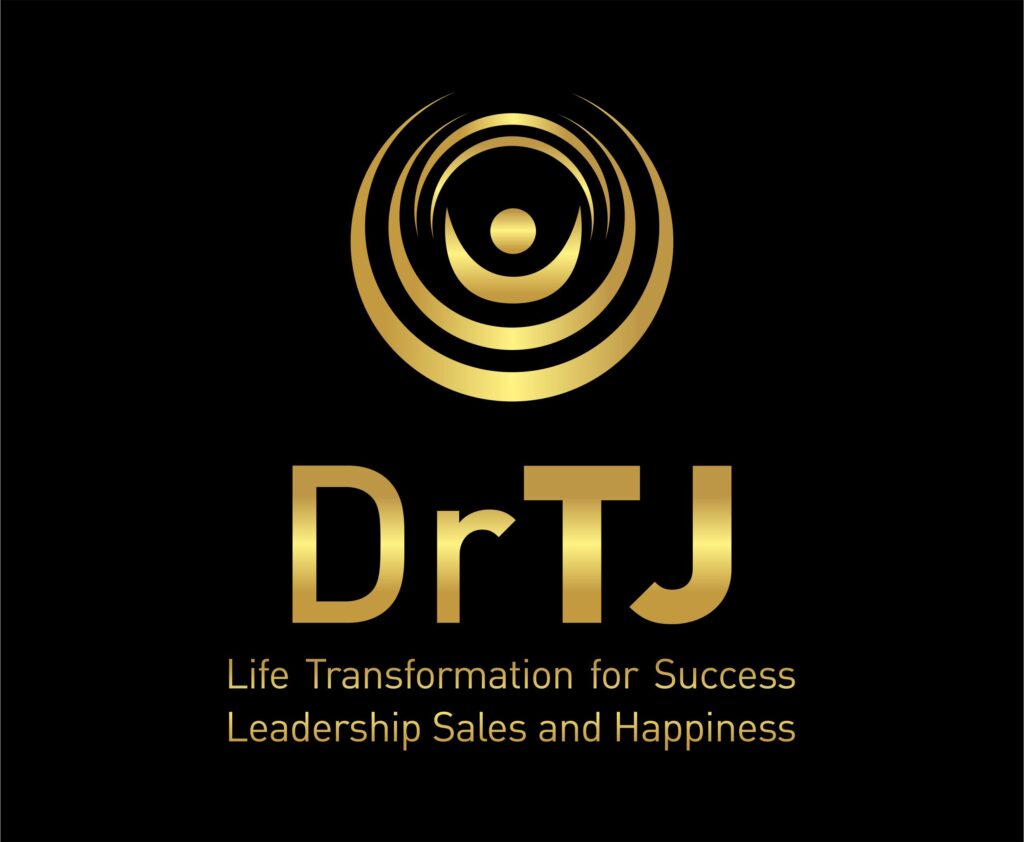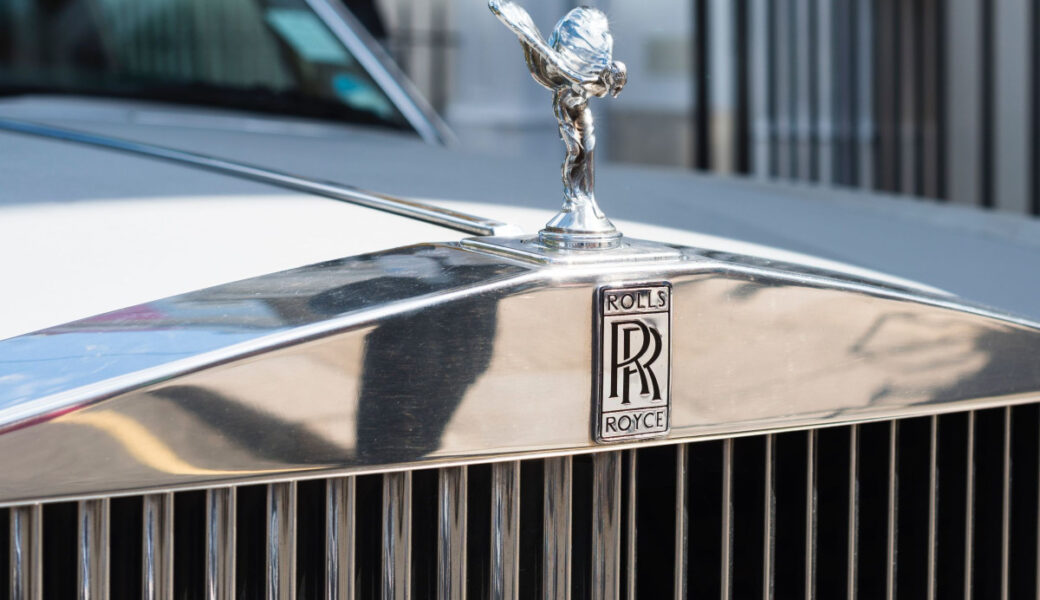Good habits can lead to your success. Bad habits can destroy you. In this post, we are going to explore the following topics about habits so you can learn how to rid yourself of bad habits that are holding you back and develop good habits that will have a lasting positive effect on your life.
Habits
- You Are the CEO
- What Is a Habit?
- A Habit Is the Process, Not the Goal
- Types of Habits
- The Power of Habit
- Habits and Emotions
- Habits and Self-Discipline
- Daily Practice Forms Habits
- Action and Action-Stoppers
- Willpower Is Short-Lived
- Habits Are Automatic
- Stacking Habits, Building Character
- Compounding Effect
- I Believe in You, and Together We Make the World Better!
1. You Are the CEO
You are the CEO of your mental factory (YMF), which is located between your ears and well-protected by your cranium (skull). YMF functions well for most, if not all, of your lifespan in the absence of any major illness, disease, or accident.
You are the gatekeeper to YMF. Nothing enters YMF without you giving it permission, the green lights to enter. That permission is the turning point where you make or break your life. You and you alone are the choice maker, the difference maker, and your life changer!
You choose the habits that will either bankroll you or bankrupt you. The choice is yours!
You and you alone are responsible for your life’s outcome.
Now, wherever you may be on your life grid, the good news is you can change your life for the better by choosing great new habits and doing away gradually with your old ineffective or bad habits.

2. What Is a Habit?
Dictionary.com defines a habit as: “An acquired behavior pattern regularly followed until it has become almost involuntary.” Examples include:
Brushing your teeth upon rising in the morning and before going to sleep at night.
Taking precautions while crossing any street.
Kissing your better half when leaving the house for work.
3. A Habit Is the Process, Not the Goal

Any factory that produces a product has a planning or design stage, followed by a production or manufacturing process, and finally, you have the finished product. This could apply to Henry Ford’s Model-T cars of the 1900s (1908-1927), or the present-day Elon Musk’s Tesla electric cars, or largely any manufactured product.
Why is this important? It is important because habits affect the manufacturing or the production part of the above-described process.
Another example may be to consider a journey that takes you from point A to point B. In this second example, habit focuses on your journey or your everyday process that takes you from point A to your final destination point B.
If habits are focused on the production process or the journey, you can see how important they are in you reaching your final destination of happiness, wealth, and living with your greatest life partner!
4. Types of Habits
Habits can be good or bad. Clearly you want to have good habits that will override your bad habits.
Benjamin Franklin said, “It is easier to prevent bad habits than to break them.” J. C. Penney said, “The best way to stop a bad habit is to never begin it.”

Habits are like a two-edged sword; they can form you or fragment you. When habits are well formed over time, it is not easy to break them. This can be a blessing or a curse. When it is a good habit, it is helpful, and you can harness the power of a good habit, but when it is a bad habit, it can hurt you. When you wish to break that bad habit, you may not be able to do so easily; you may remain a slave to your bad habit. Mark Twain said, “A habit cannot be tossed out the window; it must be coaxed down the stairs a step at a time.”
Samuel Johnson says it well in his quotation, “The chains of habit are too weak to be felt until they are too strong to be broken.”

5. The Power of Habit

Habits once well-formed are very powerful. Let’s look at a few examples of great individuals who tapped into this powerful entity of good habits.
Bruce Lee made martial arts popular by bring them to the forefront in the movies so that he became a globally recognized name. He said, “I fear not the man who practiced 10,000 kicks once, but I fear the man who practiced one kick 10,000 times.”
Bruce Lee embraced the good habit of training hard every day. His intense training focused on good habits that brought him to the global stage and made martial arts popular in a way no one else had ever done before.
Mohammad Ali was known for his outstanding discipline and his passionate dedication to boxing.
When asked how many sit-ups he did, he replied, “I don’t count my sit-ups; I only count when it starts hurting because they’re the only ones that count.” He embraced the habit of daily training for his boxing career, which paid off handsomely for him.
Arnold Schwarzenegger wanted to be become the world’s greatest bodybuilder. To do so, he had to train harder than all the others. He embraced the good habit of training regularly. Although he lost his first attempt at becoming Mr. Olympia in 1969, the following year, he won the competition that propelled him to the forefront of global bodybuilding. His good habits paid off even beyond bodybuilding. He excelled as an actor, businessman, and politician. Without a political background, he became the Governor of California from 2003 to 2011.
6. Habits and Emotions

Emotions are an extremely powerful force. They can work for, or against, your habits. Emotions have a significant effect on our decision-making process. They are a byproduct of our worldly perspective rather than our logical, objective, evidence-based reasoning. Emotions originate from our heart, while reasoning has its roots in our minds. In the arena of decision-making, emotions usually win over reasoning.
Habits are usually automatic. But if you don’t watch out, emotions can disrupt even the most well-formed habits in your life. You need to cling to your good habits despite any passing emotional storm that may be working against your good habits.
You may have built the habit of going to the gym daily for about one month. Then comes a cold, snowy day in winter and you say to yourself, “Let me skip today.” Your emotions say, “Watch TV in the warmth of your living room, instead of going out in the cold.” This is the true test, and the question is: Will you pass or fail? The answer is: You must go to the gym despite your negative emotions. This strengthens your habit. Michael Jordan said, “If you quit once it becomes a habit. Never quit.”
If you choose TV over the gym, you switch from a good habit of going to the gym to a bad habit of aimlessly watching TV. This bad habit can eventually kill your good habit of going to the gym, a habit that you built so hard over a month’s time.
7. Habits and Self-Discipline

I say, “Doing what you should do despite your emotions is the difference maker!”
Elbert Hubbard said, “Self-discipline is the ability to make yourself do what you should do, when you should do it, whether you feel like it or not.”
The thirty-third US President, Harry S. Truman, said, “In reading the lives of great men, I found that the first victory they won was over themselves. Self-discipline with all of them came first.”
We are a conglomerate of our thoughts, feelings, perceptions, emotions, and beyond. This is what makes us all humans. We don’t want to behave as robots. The beauty of a well-developed habit is it is automatic, it requires very little mental energy, and your subconscious usually does the majority of the operation and execution of it. When emotions challenge habits, stick to your good habits and don’t break them.
8. Daily Practice Forms Habits
In the above example, I stated that habits are focused on the manufacturing process or the journey itself and not on the final product that comes out of the pipeline. Clearly, this manufacturing process will impact the final quality of your product or the final result of your endeavors.
Repeated actions without interruptions lead to habit formation. The initial stages of repeated actions can be challenging, which is when most people take the exit lane.
Hence, in this initial phase, you may have to tap into your self-discipline to perform your daily repeated actions despite your negative emotions, if any.
Initially, your self-discipline effort on a scale of 1 to 10 may be 2 or even 1. This means initially, you have to force yourself to do your repeated actions.
The good news is, as you continue this process every day, a shift will take place. Initially, you are in the mental manual process (MMP), meaning lots of effort is required on your part to keep it going. However, you soon move from a MMP to an automatic mental process (AMP). This shift helps you significantly. AMP raises your effort from a 1 or 2, to a 9 or 10. At this point, you have a well-developed, automatic, subconsciously operated good habit. Since AMP requires less effort on your part, it means less stress and more happiness.
9. Action and Action-Stoppers

Action requires effort on your part to execute whatever you want done. However, there are many action stoppers—e.g., procrastination, not-in-the-mood, pleasurable activities like watching TV—to mention a few.
10. Willpower Is Short-Lived

To execute an action and overcome procrastination, you need energy, drive, and desire. Most people may achieve these by using their willpower.
The problem is that willpower is usually short-lived. Hence, you often give up, and go back, into more pleasurable, immediate gratification, and feeling good activities, thus putting your important tasks aside. This delays the process of you getting to your destination. This means you are widening the gap between where you currently are and where your dream destination is.
11. Habits Are Automatic
What do habits do for you? The short answer is “a lot,” if the habit is good. Good habits put you in the automatic mode! That means they take away the effort you would otherwise need to complete your important task. Automatic mode means less procrastination or trouble starting, a conservation of your mental energy, and that you repeat the same activity on a daily basis.
12. Stacking Habits, Building Character

Once you build one good habit, bank it, and move on to your next good habit. As you stack more good habits and override your bad habits, your value system is influenced, and you mold your character for the better.
13. Compounding Effect
Albert Einstein referred to compounding as the most powerful force in the universe. He called it the eighth wonder of the world. James Clear says, “The same way that money multiplies through compound interest, the effects of your habits multiply over time and as you repeat them.”
This daily addition effect seven days a week will soon convert you into a tortoise who will beat the hare every single time.
14. I Believe in You, and Together We Make the World Better!

I want you to form good habits today. Focus on your daily journey. Keep your good habits going despite your emotions. Choose delayed gratification over immediate gratification.
I only want you to succeed in your life.
Your success will make me happy, and I will be at the virtual finish line cheering for you, applauding you, and saluting you for your success in developing good habits and slowly overriding your bad habits.
Let your good habits begin today!
References and Further Reading
https://www.dictionary.com/browse/habit?s=t
https://en.wikipedia.org/wiki/Elbert_Hubbard
https://exploringyourmind.com/emotions-influence-us-reason/
https://en.wikipedia.org/wiki/Bruce_Lee
https://everydaypower.com/muhammad-ali-quotes/


Thomas John “TJ” is motivational speaker, the author of Your Lifeonomics, and a personal coach. If you need assistance figuring out life’s big issues or just a little guidance, or you’re looking for someone to inspire your organization, please contact him through his website at www.speakerdrtj.com.
Latest posts by DrTJ (see all)
- Emotional Intelligence: The Secret to Building Strong Relationships and Achieving Success - April 17, 2023
- Procrastination – Definition, Perspective, and Overcoming It - February 15, 2021
- Breaking Point, Boiling Point, and Beyond - February 5, 2021


Great advice. I find it’s easy to start a habit but easy to break one too and very hard to get started again. Your advice has inspired me to get back to riding my bike regularly.
Outstanding analysis of habits and the impact they have in our lives. Great read with useful information.
Tony- Good habits are a game-changer, while bad habits can pull us down like quick sand. It is the ability to navigate towards greater good than bad habits, that will transform our lives for the better!
In trying to find good in the Covid crisis, I realized that having to “stay in” for meals has helped me immensely in terms of establishing healthy eating habits. Now 25 lbs. lighter, I find that I have broken the “junk food” habit. There can be good in everything if you only take the time to look! Excellent blog, thank you.
Dr. TJ,
Your insight on willpower vs. daily habit building is helpful. I think most of us, including myself, believe it’s all willpower. But it’s actually daily practice that builds the discipline. Something anyone can do.
I enjoy your blog posts.
Mike,
Yes, we all think it is will power that helps us execute. Although, will power works, it is harder to sustain.
I am glad you like my blogs. Your encouragement helps me continue on my blogging journey. Thank you!